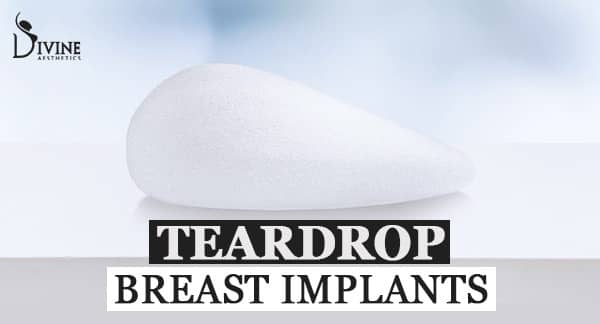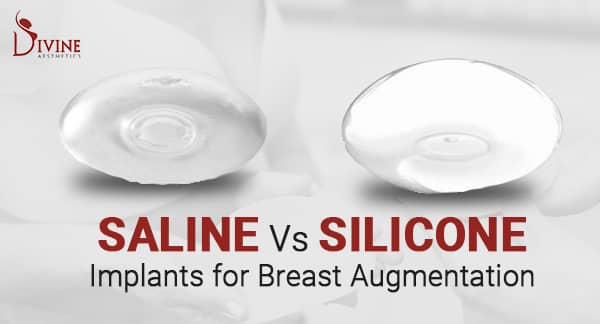Anaplastic Large Cell Lymphoma is a type of T-cell non-Hodgkin lymphoma (NHL), one of the four sub-types of ALCL. It was found in association with breast implants. It is both CD30 positive and ALK negative.
According to recent hypothesis, the cause of ALCL is related to the biofilm, where bacteria are joined to an implant, protected by a layer of glycoprotein. It is very difficult to treat them and they can even leave long-term impacts.
If ALCL get diagnosed at an early stage it can be treated effectively with the help of surgeries by eliminating the capsule and implant completely.
The disease grows at a fast rate and it can even come back again. There are several treatments and therapies that can help you to fight it and can make you feel better.
ALCL can get diagnosed in two ways:
- If the disease is found in the skin, it is known as cutaneous ALCL which grows slowly.
- And if it is found in the lymph nodes or any other organs of the body, it is known as the systemic ALCL which grows at a faster rate.
Effective Treatment for ALCL:
Majority of the patients who are suffering from this disease can rely on capsules if they are on stage-1 of the disease. The treatment will also involve complete capsulectomy and implant removal. The average survival rate of the patients who are suffering from this disease is 89% in five years. But if the patient is on stage-1 of then the rate of survival is often increased after undergoing the complete capsulectomy and implant removal treatment. Apart from this, patients who are on the Stage II needs higher-level systemic treatment.

How to take care of yourself at the time of sufferings?
- Take help from doctors for advice to manage uneasiness and other issues caused by the disease.
- Book regular appointments with your doctor and try to take proper rest.
- Eat adequate amount of calories, vitamins, and proteins every day to increase your weight and stay strong. You can also try taking small meals in short intervals of time as compared to eating larger meals at a time.
- Stay hygienic and keep yourself away from any other patient.
- Rely upon your friends, family, and loved ones for emotional and mental support.
- Exercise regularly and always stay physically active.
- Make a habit of washing hands properly before and after consuming anything and try to stay away from dirt and dust.











